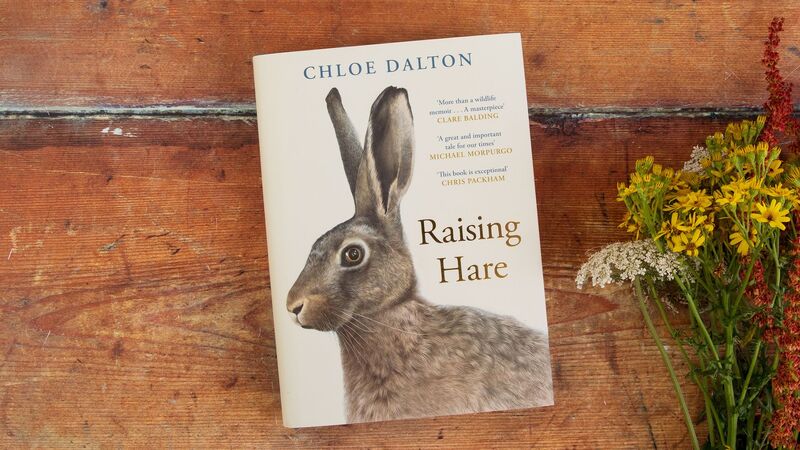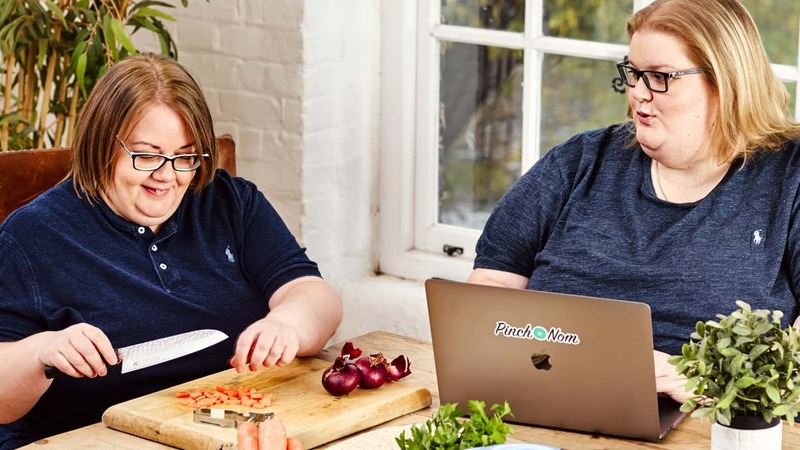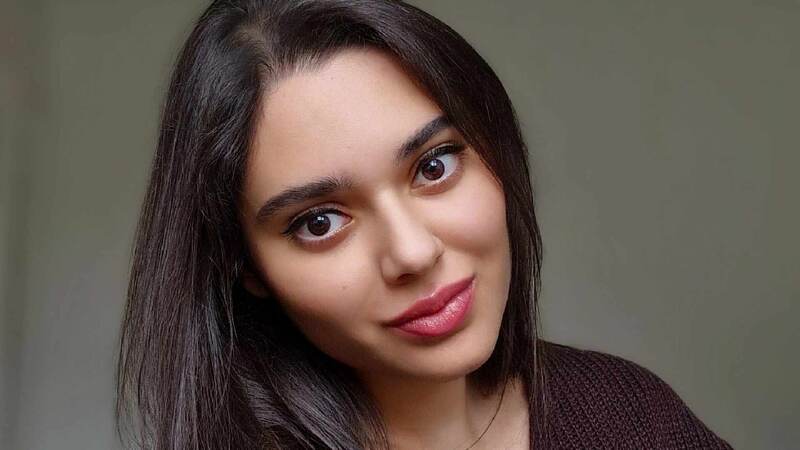You are viewing your 1 free article this month. Login to read more articles.
10 Questions: Bilal Tanweer
1. Sum up your novel in three words.
Love, loss, city.
2. Where did the initial idea come from?
I was reading another friend's short stories that were set in Medellin, Colombia. I suggested to him that it would be pretty exciting if, for instance, a major character in one of his stories could be a minor one in another one. I later thought about it and realized it was a pretty nifty idea. One I could use myself!
3. How was the title chosen?
I am horrible at giving titles, generally speaking. So, quite predictably, my agent called me up and said that my title was dull and no editor was going to like it. We discussed a few options including Cantt Station which is where the epicentre of bomb blast and the book is located. But eventually we settled on the present title The Scatter Here Is Too Great because it best reflected the central theme of the book: how do we tell the story of an immense, chaotic city like Karachi where so many contradictory perspectives and experiences co-exist on any one event at every moment.
4. What's your writing routine?
The only requirement I have for writing is that I need a long stretch of uninterrupted time, typically 2-3 hours. I might not be writing all of those hours but doing things that are ostensibly unconnected to what I am writing in the present like walking and staring into space and remembering embarrassing moments and reading things I am not supposed to read including old diary entries, book descriptions of books on my bookshelves, are all a part of my writing process.
5. Which book do you wish you'd written?
The Street of Crocodiles by Bruno Schulz. I don't know what fever gripped me when I was reading that book. I did not know it before and I have not experienced it ever since. It was one of those rare reading experiences of my life where I just slumped deeper and deeper into my armchair utterly astonished and delighted and without words as to how to describe it all. The little book was its own thing entirely with fables, crazy characters, luscious prose, a child-like delight in the world and language. Such playfulness and whimsicality, and such mad intensity. Genius.
6. What's your favourite word in the English language?
Flabbergasted.
7. Who's your favourite fictional character?
Iago from Othello. The fiercest, most frightening, most menacing intelligence I have encountered in any person real or fictional. Scary as hell.
8. What was your favourite book as a child?
I used to devour the children's spin-offs from the magnificent Indo-Persian epic, Adventures of Amir Hamza. It is an oral tale which was transcribed in the nineteenth century in fifty-volumes. A single-volume version of it is available in English in a wonderful translation by Musharraf Ali Farooqi.
9. What book are you recommending to everyone at the moment?
I read Toni Morrison's The Bluest Eye for the first time this year. It's a book I have not been able to shake off. Morrison unflinchingly confronts all the wounds and traumas immediate and historical of her characters, and carries off the impossibly difficult task of enabling us to confront them. It's a powerful work of enormous heart.
10. What do books and reading mean to you?
Above all, I want books and reading to give me pleasure, that is, intensity of thought, language and beauty. Secondly, I have always wanted reading to change me; open a new window into understanding myself and the reality I inhabit. I think great books, great writing allow you this opportunity.














